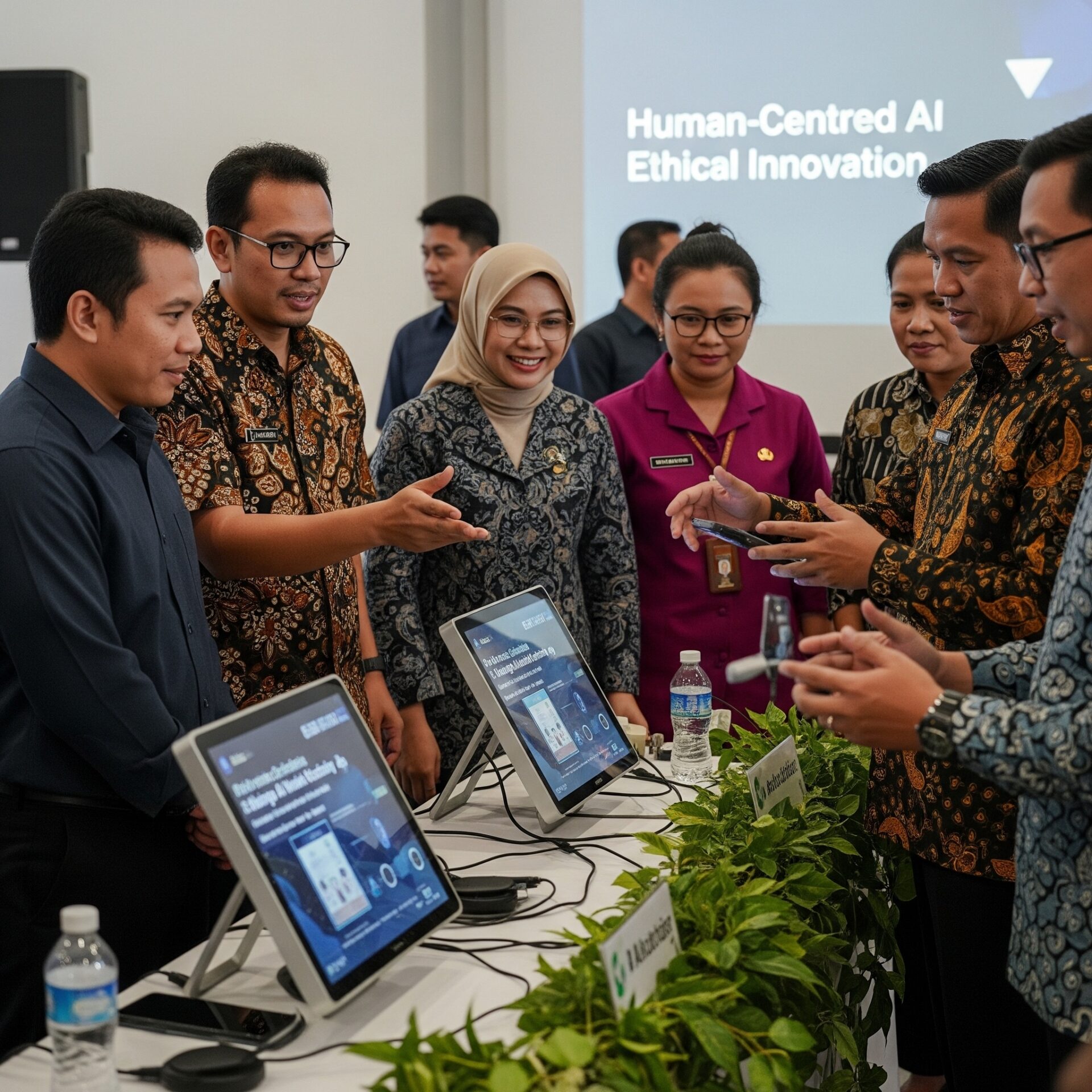Indonesia is actively advancing a human-centered approach to artificial intelligence (AI) development, seeking to balance technological innovation with the enhancement of human values and capabilities.
Pratikno, Coordinating Minister for Human Development and Culture, shared this vision during the “Indonesia’s Future: A Multidisciplinary Approach” symposium held in Jakarta. He emphasized that “this is not merely about automating for efficiency but rather about strengthening and elevating human values and capabilities.”
Minister Pratikno noted that AI is no longer just a future concept but is already present in everyday life, fundamentally transforming how people work, think, and live. Given this reality, Indonesia has chosen not simply to adopt AI technology but to guide its development along a new and thoughtful path.
He stressed that AI adoption must be grounded in ethical principles because AI systems are not neutral—they learn from humans, absorbing both their reasoning and their flaws. “Therefore, AI must be developed not only with intelligence but also integrity,” he remarked, highlighting the crucial role of ethics in AI development.
Beyond technology itself, Minister Pratikno emphasized the importance of building a digital future guided by Indonesia’s state ideology, Pancasila, ensuring that the nation’s core values remain central to its digital transformation.
The Indonesian government is preparing an AI Road Map designed to serve as a comprehensive guideline for creating an inclusive and responsible AI ecosystem in the country. The government has identified five priority sectors for AI development: health, digital talent education, bureaucratic reform, smart city development, and food security.
Meutya Hafid, Minister of Communication and Digital Affairs, urged swift, coordinated action across 39 ministries and agencies, emphasizing the need for effective leadership, improved coordination, and grassroots capacity-building.
With ambitious targets like developing nine million digital talents by 2030 and major investments in skills training, Indonesia aims to empower all citizens, especially youth in underserved areas, to actively shape the AI-driven future.
Preparing for AI’s impact on education and digital safety, former Vice President Jusuf Kalla urged teachers to adapt quickly as AI transforms learning, shifting focus from traditional skills to digital fluency and ethical AI use.
The government is developing a tool with civil society groups to detect AI-generated deepfakes, promoting transparency and digital ethics. Although comprehensive AI content regulations are still in progress, these coordinated efforts highlight Indonesia’s commitment to responsible AI adoption and national advancement.
Indonesia’s comprehensive and human-centered approach to AI development reflects its determination to harness technology as a force that advances innovation while safeguarding ethics, dignity, and social wellbeing through strategic policymaking, cross-sector collaboration, and a strong emphasis on education and digital literacy.
[Source: https://opengovasia.com/indonesia-human-centred-ai-for-ethical-innovation/?c=kr]

